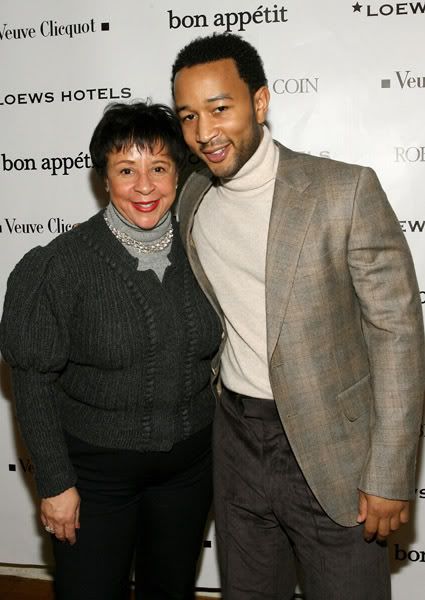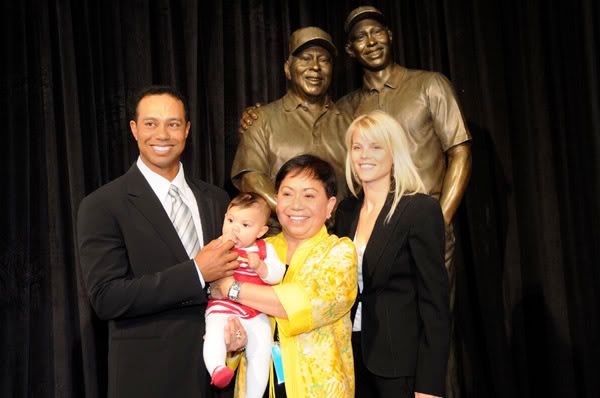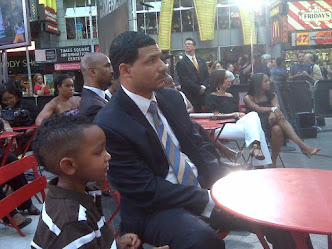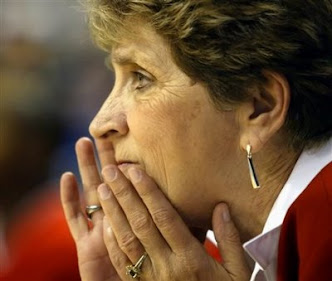Myth: Those with darker skin needn't be concerned about skin cancer. Fact: This misconception can be the kiss of death — literally. While ethnic skin provides some built-in "sun block" against the rays that can kill, its natural protection (approximating SPF 10) isn't enough to promise immunity.
Myth: Darker skin is more oily than lighter skin tones.
Fact: This issue is less black and white than once thought. While oil might be more visible on darker skin, ethnic skin spans the whole spectrum of skin types — oily, normal, dry and combination — just like light skin.
It's true that skin is more alike across ethnicities than many people know. Still, dermatologists are trained to treat people differently based on skin color — and those with ethnic skin should likewise take care to treat their own skin in a special way.
Brown and white skin are pretty similar under the surface. But the same brown pigment, called melanin, that offers darker skin some protection from the sun — and can keep people looking younger — can, on the other hand, leave disfiguring marks behind from even an ordinary bout of acne.
"Dark skin is a blessing as it relates to sun damage and aging," says Susan C. Taylor, M.D., director of the Skin of Color Center in New York and author of Brown Skin: Dr. Susan Taylor's Prescription for Flawless Skin, Hair and Nails (HarperCollins, 2003).
"A 50-year-old woman of color often looks 40, while a white woman of the same age might look 10 years older than her real age." But, the dermatologist continues, "skin of color can cause significant problems, as well."
When Pretty Skin Becomes Problem Skin
Without proper care, melanin can permanently mar the skin's thin protective blanket. Among the melanin-blamed skin problems in darker-skinned persons with African, Hispanic, Middle Eastern or Asian ancestry:
- Postinflammatory hyperpigmentation. Skin damage as minor as a scratch or a pimple triggers excess melanin production and results in dark patches. Without prompt attention, the marks can last for months and even years before they fade.
- Postinflammatory hypopigmentation. Burns or other skin trauma leaves lighter areas as unwelcome reminders.
- Keloids. Injuries leave behind large, raised scars.
Still, skin of color is anything but doomed to disfigurement. An ounce of prevention, by gentle treatment and consistent sunscreen use, can go far to keep ethnic skin healthy and beautiful.
For more on making the most of the special skin you're in, read about skin-saving steps for African Americans, Hispanics and Asians/Middle Easterners.
(Hint: Keeping your skin looking its best depends on (1) picking the right products and (2) getting advice about blemishes before they become long-lasting scars.)
























